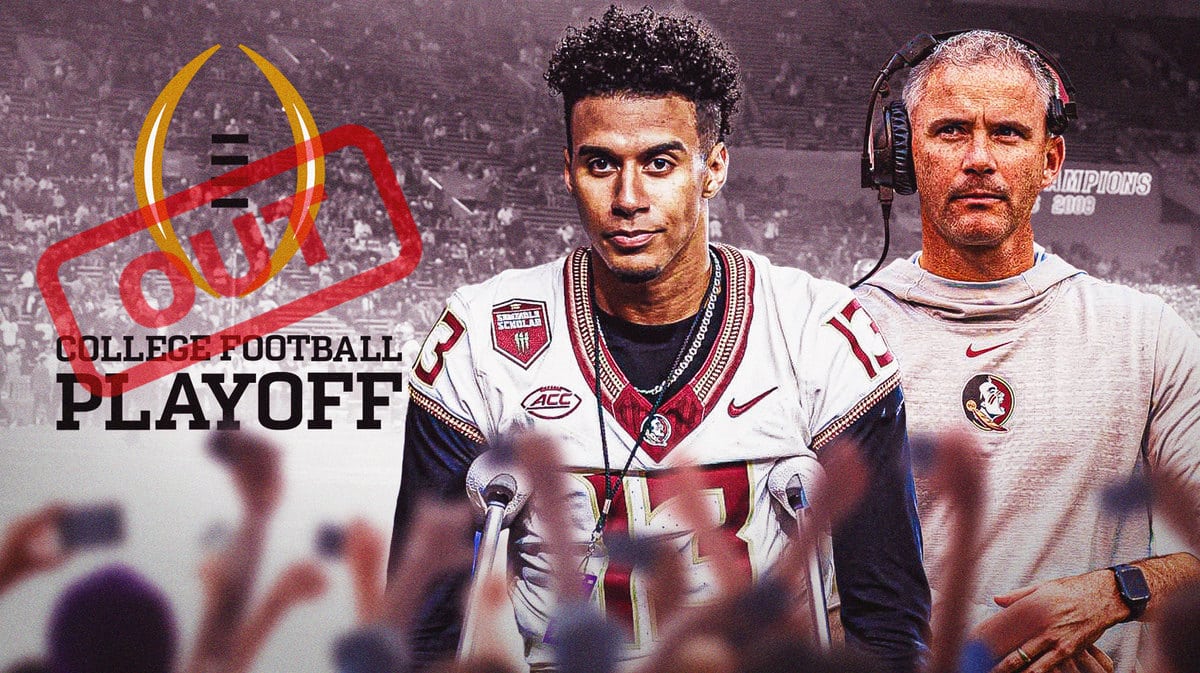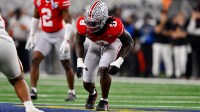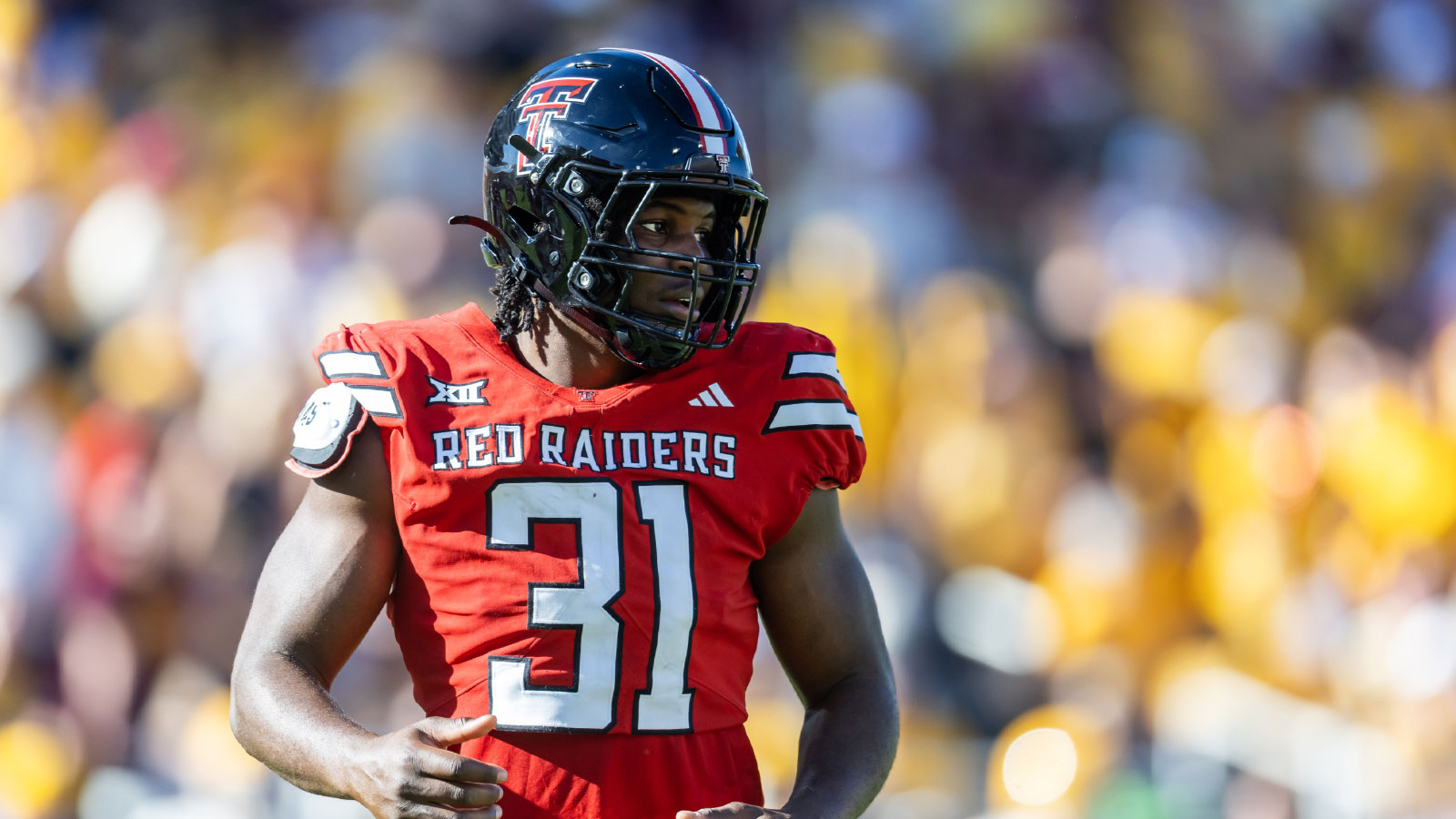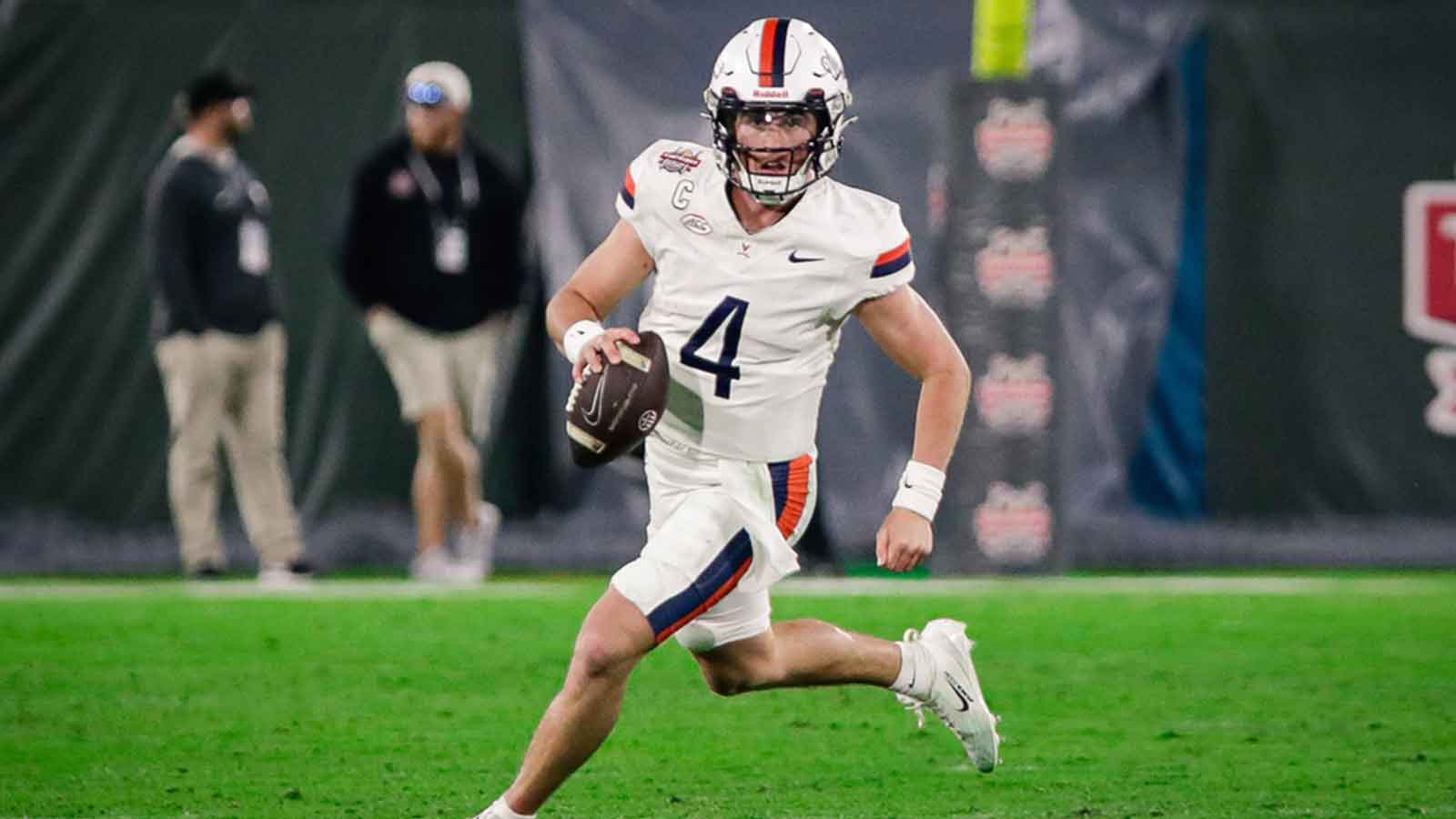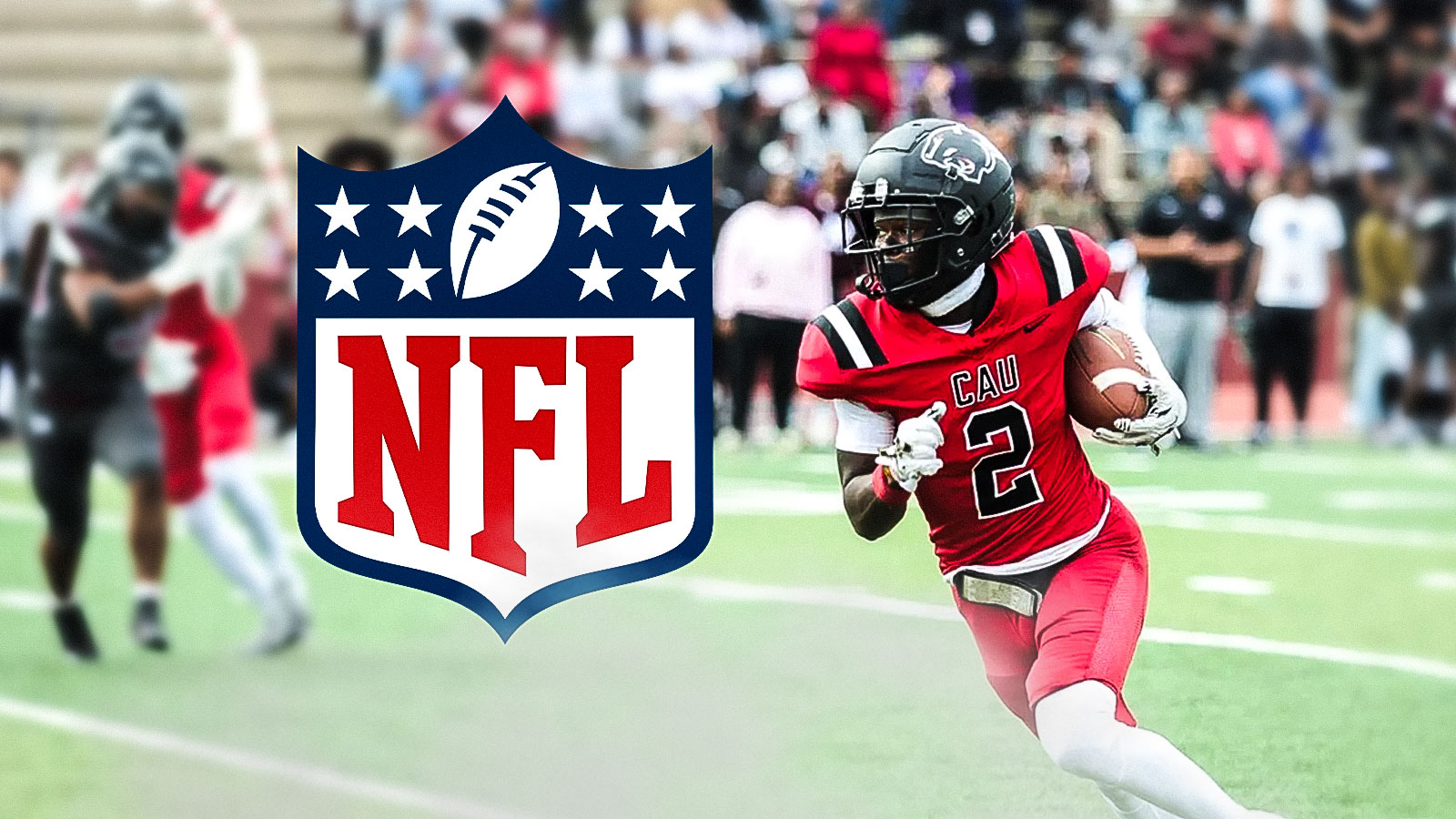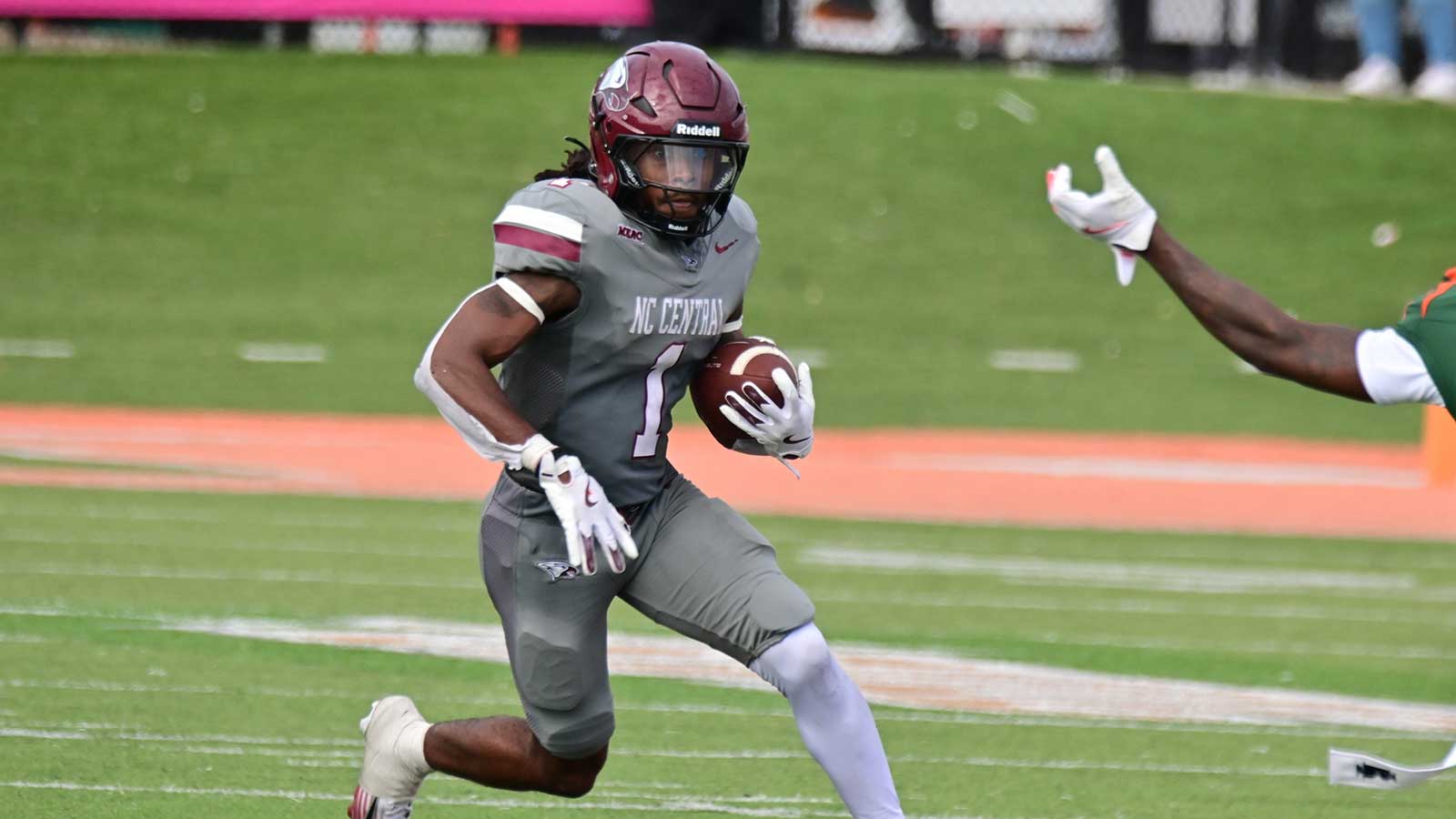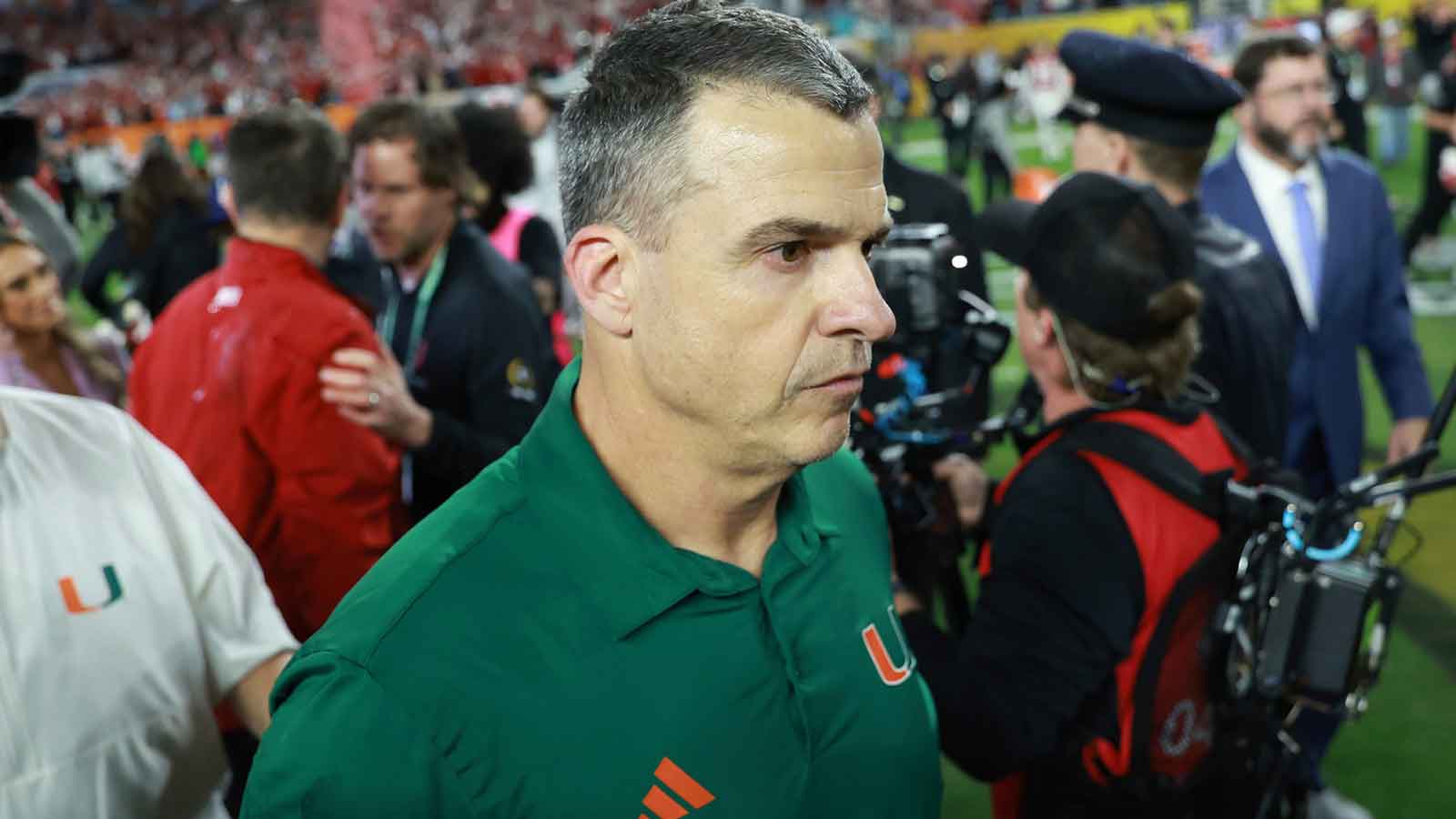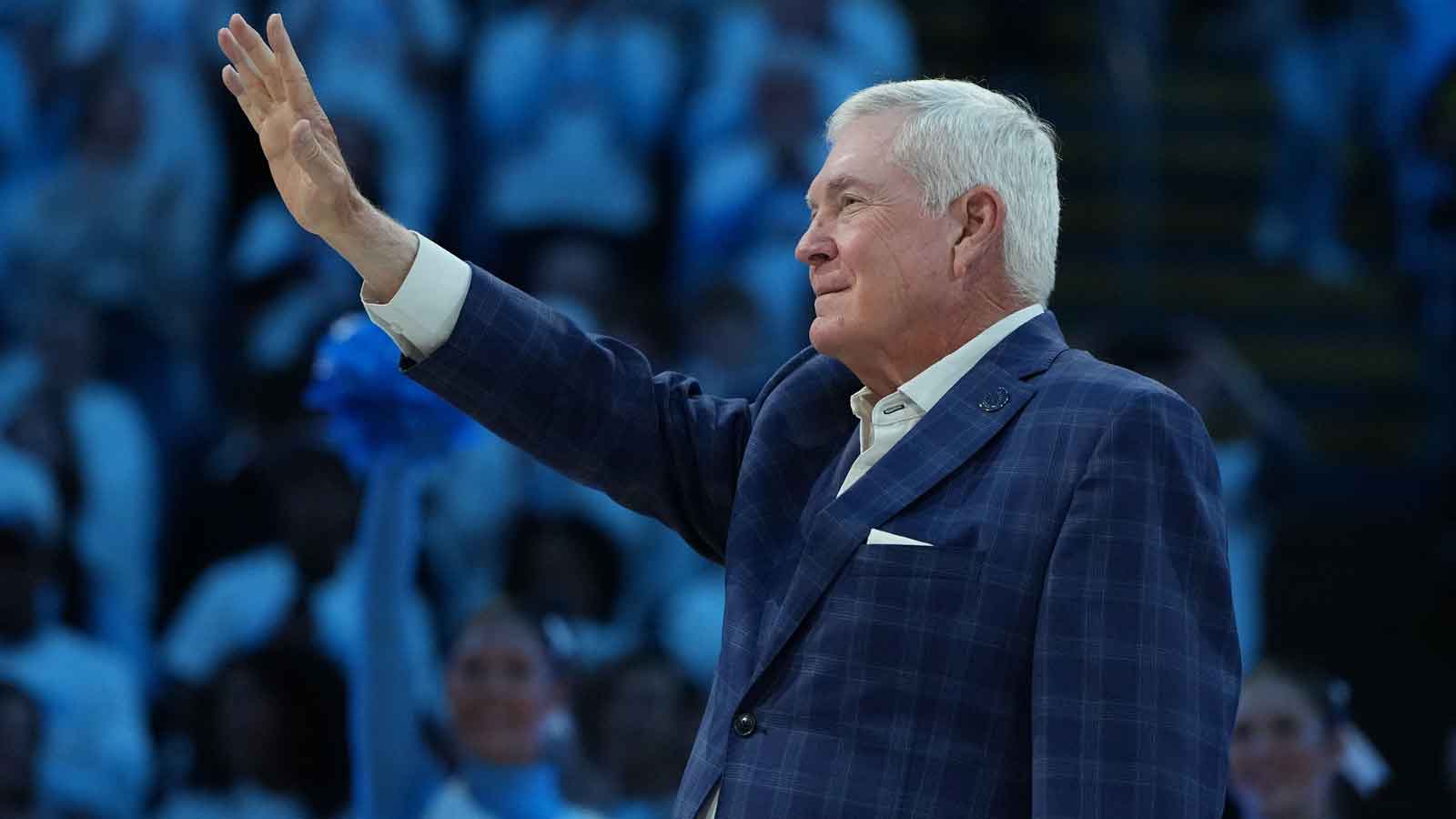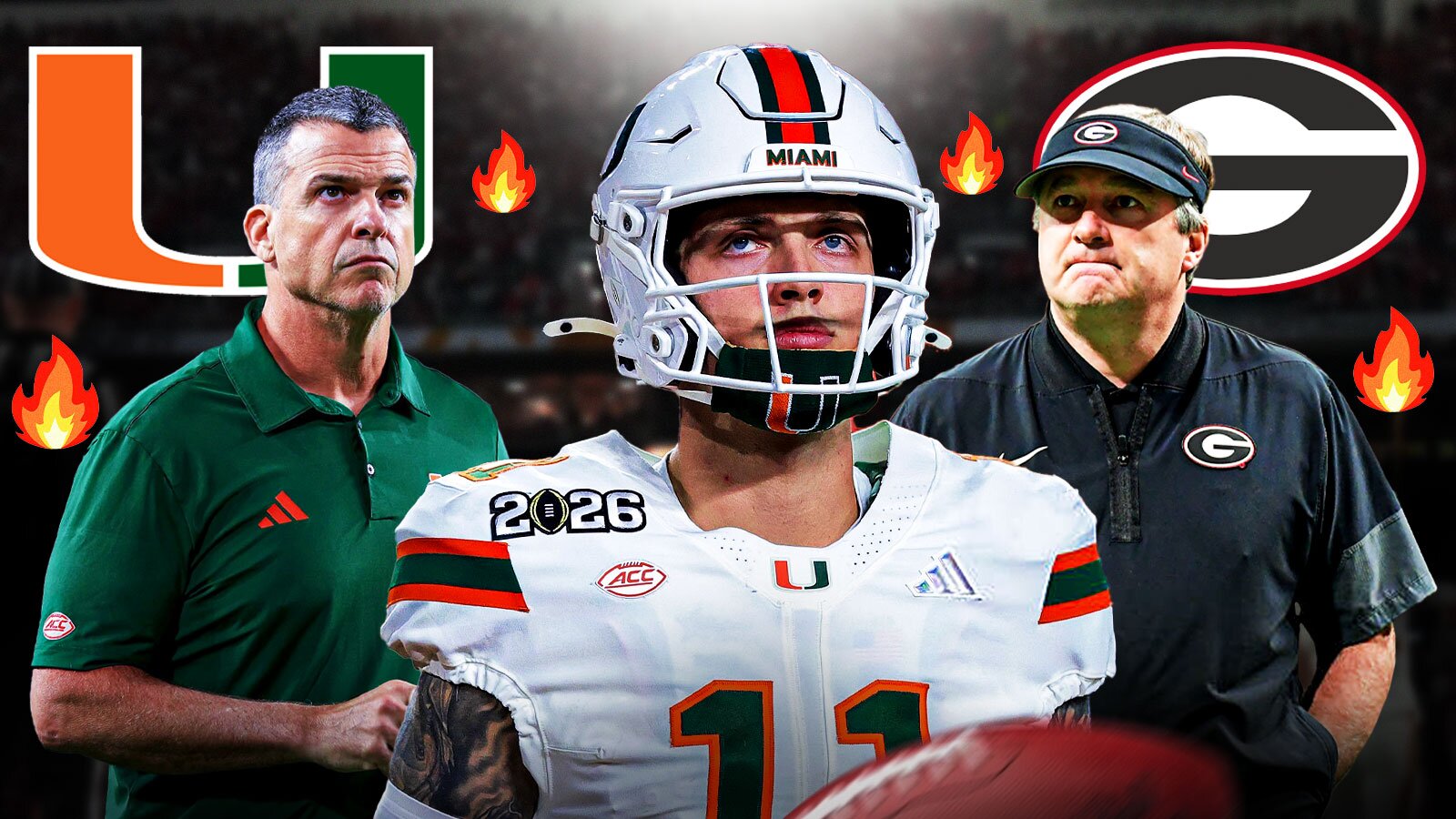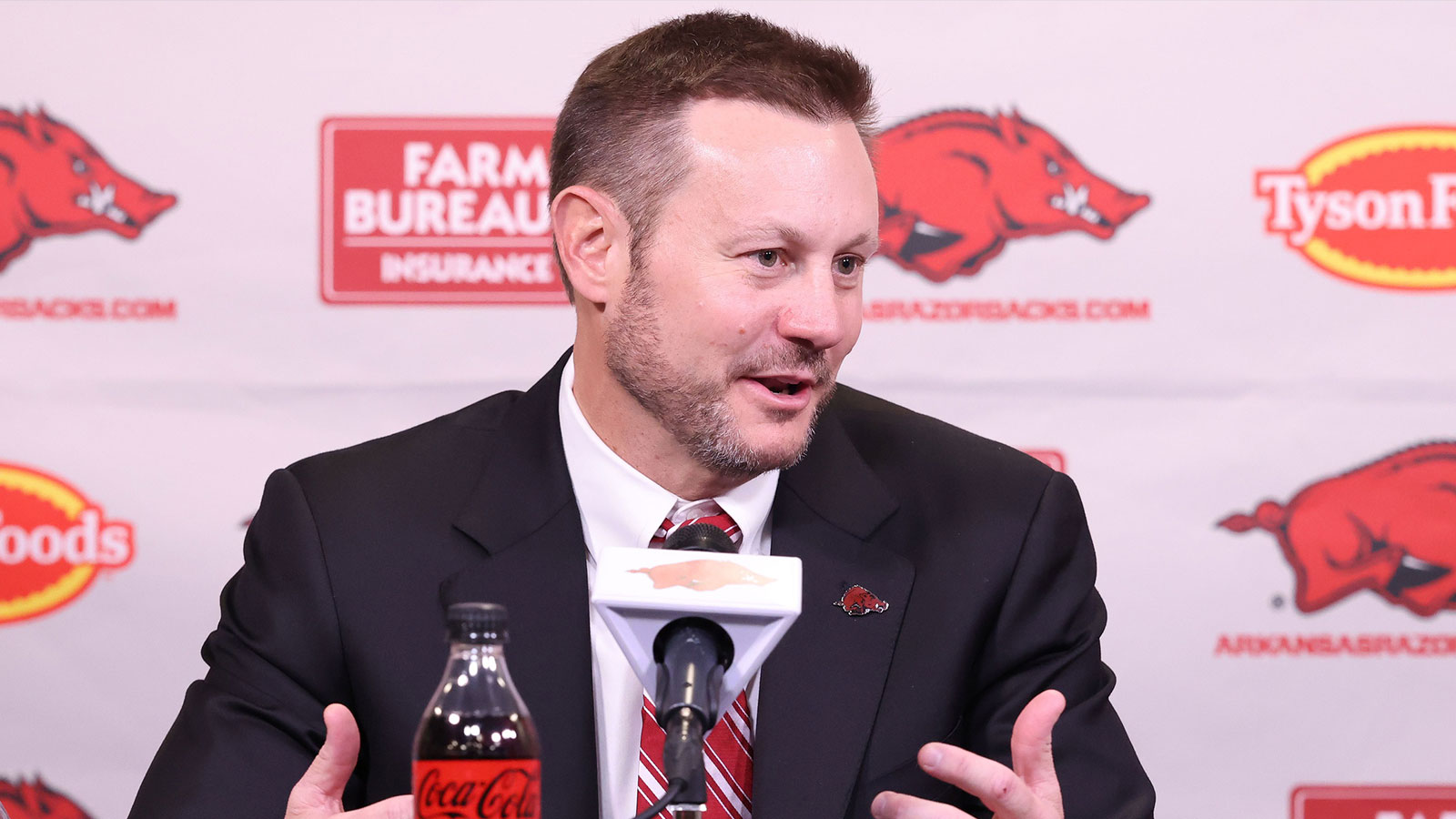Chances are that if you're a Florida State football fan today, your Sunday hasn't been all that great. The Seminoles were left out of the top-4 in Sunday's College Football Playoff final selections, falling to No. 5, with Alabama taking their place as the No. 4 team in the country.
Florida State has been a point of interest over the last three weeks since their starting quarterback, Jordan Travis, suffered a season-ending injury against North Alabama. Many wondered if Travis' injury would push the Seminoles out of the top-4, given that one criterion for the committee determining the four best teams is that of injuries to pertinent players.
Still, even with Travis' injury, Florida State was able to win their next two games, which included a trip to The Swamp to face rival Florida and then in the ACC Championship Game against No. 16 Louisville. In fact, they did it with both of their backup quarterbacks, with their second-stringer, Tate Rodemaker, against Florida, and with their third-stringer, Brock Glenn, against Louisville.
There was no way the committee would leave out a 13-0 ACC Champion Florida State team, right? That's exactly what they did.
College Football Playoff committee made correct, but difficult choice
It was unprecedented, to say the least, if not downright gutsy, as this 13-member committee will be hearing about this well into next season when the format changes to a 12-team bracket instead of just four. There was never going to be an easy answer to the equation, though. This was by far the toughest decision the committee has had to make to date, that's including back in 2014 when they allowed Ohio State back in at No. 4 over TCU and Baylor.
That's been a constant comparison in this year's arguments, considering injury was the case for the Buckeyes when they lost starting quarterback JT Barrett in the Michigan game, leaving Cardale Jones to make his first start in the Big Ten Championship Game the next week, beating No. 13 Wisconsin 59-0. Ohio State, with Jones behind center, would then end up beating Alabama in the Sugar Bowl, followed by Oregon in the national championship game.
The Buckeyes had a much more favorable showing in their conference championship game back in 2014 than Florida State did on Saturday night, which is why Alabama jumped four spots in the final rankings, along with their win over No. 1 Georgia. That made the Crimson Tide one better than the Seminoles, who probably shouldn't have been ranked above Ohio State, whose only loss is now to the No. 1 team in the country against Michigan in The Big House.
The committee placing Florida State football at No. 5 is perhaps the most insulting part of this whole ordeal, as it feels more like a consolation prize. You won the ACC title, so you were still pretty good. This year's Florida State football team was good, but they were only good without Travis; they were potentially great with him and worthy of a playoff berth.
The ACC Championship Game was the ultimate eye test for committee on Florida State
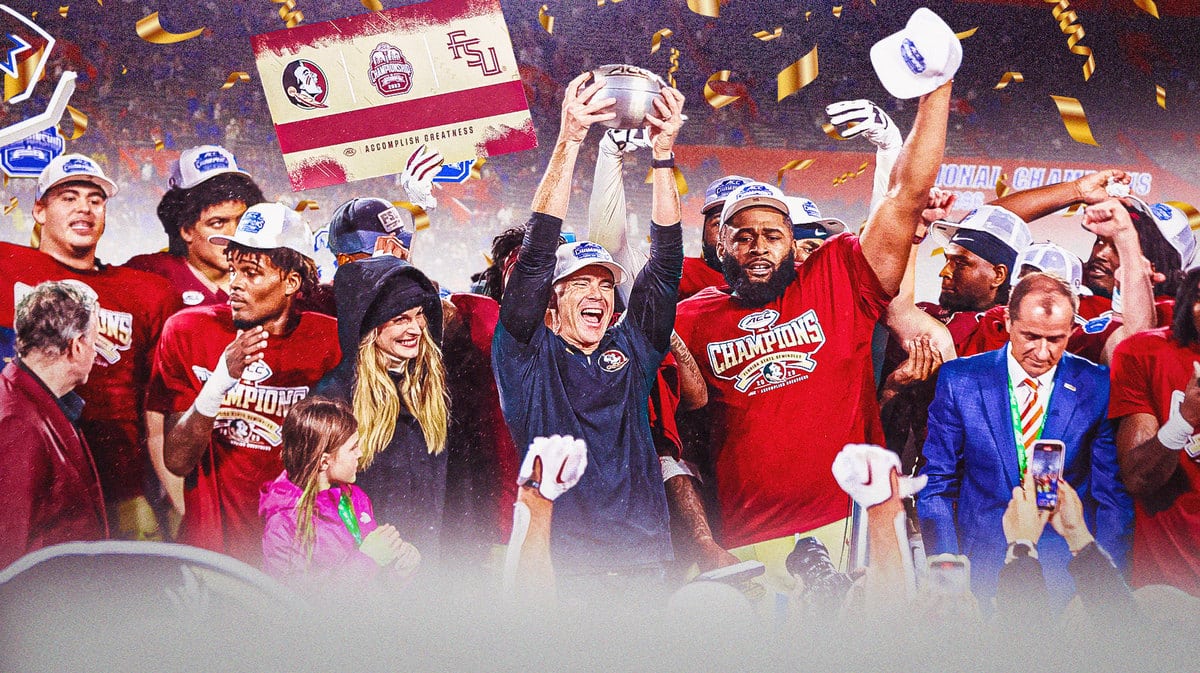
But the ACC title game was Florida State's ultimate downfall. Being left to their third-string quarterback, Mike Norvell's team was limited from the opening kickoff from an offensive standpoint, much more than they were a week before against the Gators.
Glenn, a true freshman, connected on just 8-of-21 pass attempts for 55 yards, averaging 2.6 yards per pass. The Seminoles had 219 yards of total offense, converted just 2-of-16 on third down, with 12 first downs total to score 16 points. It was a bowling shoe ugly performance from all sides, where 17 total punts between both teams were accounted for. It was the ultimate eye test and presumably all the committee needed to justify their reasons for leaving out for the first time an undefeated Power-5 team from the college football playoff.
Florida State football isn't the ultimate snub, but they are the collateral damage of a complex and contentious playoff selection process that leaves fans and analysts alike questioning the subjective nature of determining the nation's top college football teams. But hey, that's just college football.

